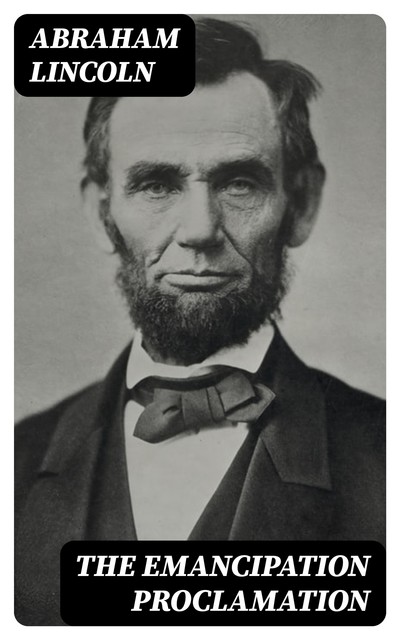Мы используем файлы куки, чтобы Bookmate и наши рекомендации работали лучше.
Подробнее на странице Политика Cookies
Подробнее на странице Политика Cookies
Принять все Cookies
Выбрать cookies
The Emancipation Proclamation, penned by Abraham Lincoln in 1863, stands as one of the most pivotal documents in American history, marking a decisive turning point in the Civil War. Through a concise yet powerful executive order, Lincoln declared the freedom of all enslaved people in Confederate-held territories, a bold move that not only aimed to weaken the Confederacy but also reframed the war's purpose to include the moral imperative of abolition. The text is characterized by its rhetorical precision and legal clarity, embodying a blend of moral urgency and pragmatic political strategy reflective of its turbulent context. Lincoln's use of language resonates with the ideals of liberty and justice, emphasizing the profound human cost of enslavement while invoking the nation's founding principles. Abraham Lincoln, the 16th President of the United States, emerged from humble beginnings to become a symbol of unity and emancipation. His early exposure to the injustices of slavery and his evolving moral compass were instrumental in shaping his views on freedom and equality. Lincoln's profound understanding of the constitutional and social dimensions of his leadership inspired him to issue the Proclamation, aiming to redefine the American ethos amidst one of its darkest periods. This essential document is a must-read for anyone seeking to grasp the complexities of American history and the moral imperatives that shaped it. The Emancipation Proclamation invites readers to reflect on the integral relationship between governance and human rights, highlighting Lincoln's role as a transformative leader. For scholars, students, and history enthusiasts alike, this work not only sheds light on Lincoln's enduring legacy but also challenges contemporary readers to consider the ongoing struggle for justice.
больше
5 бумажных страниц
- Правообладатель
- Bookwire
- Дата публикации оригинала
- 2022
- Год выхода издания
- 2022
- Издательство
- DigiCat
Другие версии книги
Уже прочитали? Что скажете?
👍👎
fb2epub
Перетащите файлы сюда,
не более 5 за один раз


